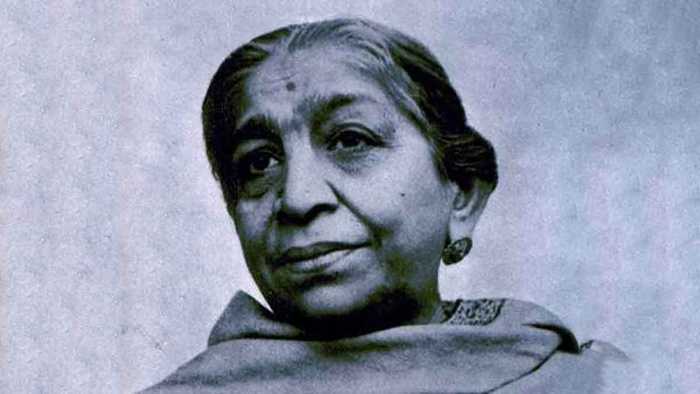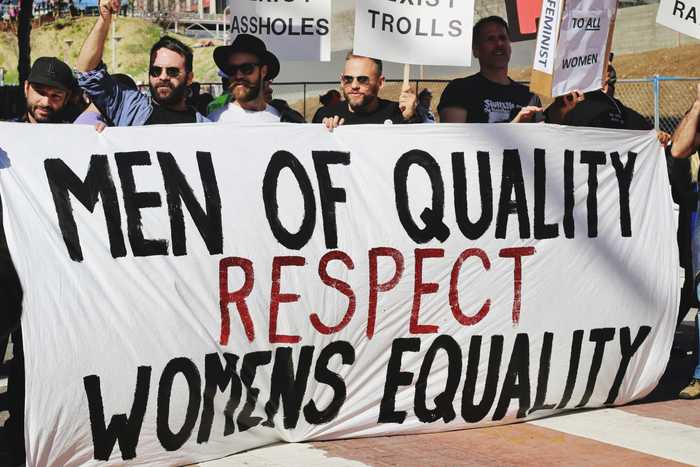Published 16:37 IST, March 1st 2024
International Women's Day 2024 - Three Waves Of Feminism In India Championing Equal Rights
Know about the three major waves of feminism in India and their contribution to championing equal rights for women.
- Lifestyle News
- 2 min read
Women in India have been termed as Devi. They have been put on a pedestal and worshipped. Yet, it took hundreds of years of struggle for half the population to get equal rights. The face of these struggles were some very important women, supported by a few learned men. Feminism in India has gained momentum through three different waves.
First Wave - The fight for suffrage and legal rights
The first wave of feminism in India emerged during the late 19th and early 20th centuries, alongside the country's struggle for independence from British colonial rule. Influenced by global movements for women's rights, Indian women began to advocate for suffrage, education, and legal equality.

Key figures like Sarojini Naidu, Kamaladevi Chattopadhyay, and Annie Besant played pivotal roles in raising awareness about women's issues and lobbying for legislative reforms. The focus was on securing basic rights such as the right to vote, access to education, and legal recognition of women's rights within the family and society.
Despite facing resistance and social stigma, the first wave of Indian feminism laid the groundwork for future generations of women to assert their rights and challenge traditional gender norms.
Second Wave: The fight for social and economic equality
The second wave of feminism in India gained momentum during the 1960s and continued through the 1980s, coinciding with the global feminist movement's resurgence. This wave shifted the focus from legal rights to broader issues of social and economic equality, including reproductive rights, workplace discrimination, and gender-based violence.

Women's groups and activists organised protests, campaigns, and advocacy efforts to address systemic inequalities and patriarchal structures. Grassroots movements like the Chipko Movement and the Anti-Dowry Movement highlighted environmental conservation and the dangers of dowry-related violence, respectively.
Third Wave - Intersectionality and inclusivity
The third wave of feminism in India, which began in the 1990s and continues to the present day, embraces intersectionality and inclusivity, recognizing that women's experiences are shaped by multiple intersecting identities, including race, class, caste, sexuality, and disability.
This wave emphasises the importance of amplifying marginalised voices and addressing the unique challenges faced by women from diverse backgrounds. Intersectional feminist movements have emerged, advocating for issues such as Dalit women's rights, LGBTQ+ rights, and environmental justice.
Updated 09:16 IST, March 8th 2024